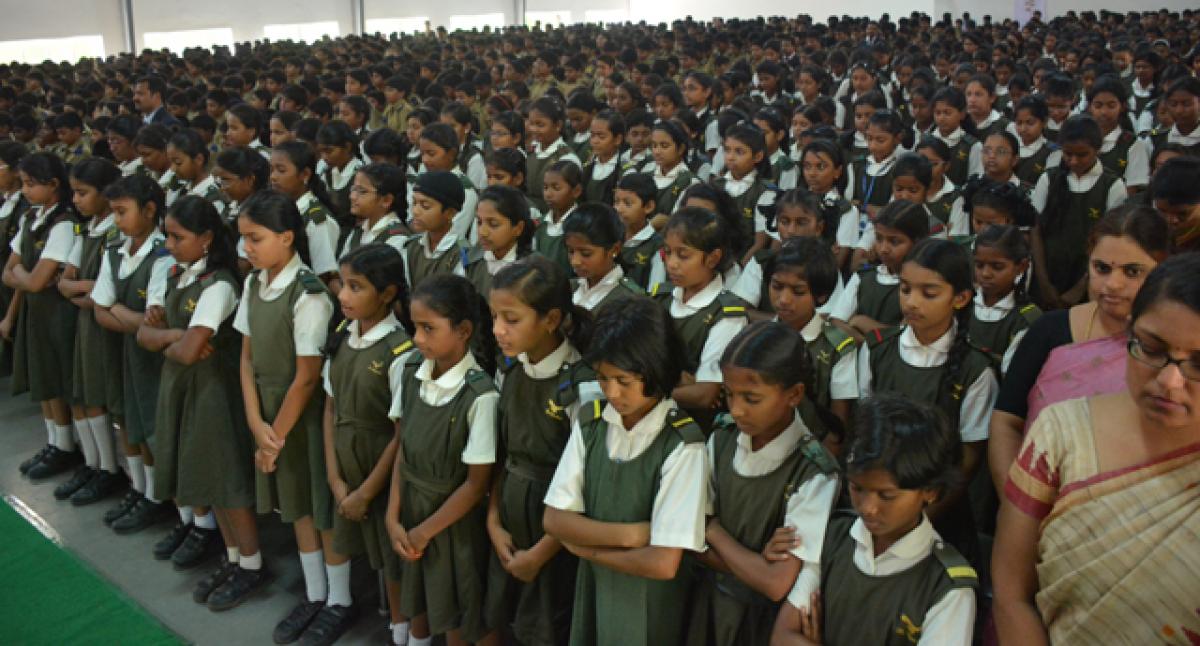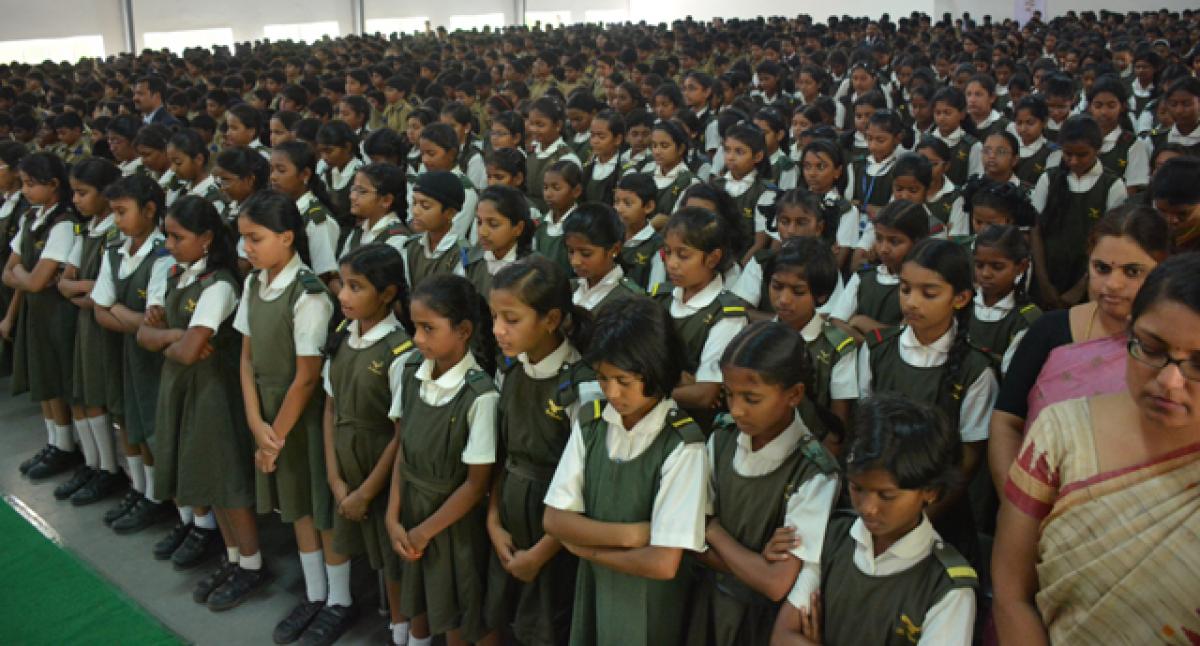Missile Man’s contribution to medicine

Missile Man’s contribution to medicine. “Developing the Kalam-Raju stent meant life to nearly 1,000 cardiac patients in India who had undergone India\'s first intra-coronary stent implant,” said Dr Soma Raju of Care Foundation, who worked very closely with Dr APJ Abdul Kalam for over two decades.
Hyderabad: “Developing the Kalam-Raju stent meant life to nearly 1,000 cardiac patients in India who had undergone India's first intra-coronary stent implant,” said Dr Soma Raju of Care Foundation, who worked very closely with Dr APJ Abdul Kalam for over two decades.

Recalling his close association with Kalam, Dr Raju said he was a fusion of missile technology and medicine. “He was my mentor and a great friend.” He said the foundation for the strange fusion of missile technology and medicine was laid when Dr APJ Abdul Kalam being the scientific advisor to the then Defence Minister asked why the technology could not be used to benefit the medical world.
Kalam envisioned affordable and accessible healthcare, with the use of technology and this idea gave birth to the “Kalam Raju stent’ in 1998. The Society for Biomedical Technology, which was established in 1993, took pioneering steps in the direction of a fully indigenous coronory stent being developed and it helped in reducing the price of stents by 50 per cent. Over 522 implants had been successfully carried out.
Later in 2012, Dr Raju said they together designed a rugged tablet computer for healthcare in rural areas, which was named the ‘Kalam-Raju tablet’. The aim was to equip the health care workers like Aayas and Anganwadi workers with a ‘rugged tablet’ capable of performing a host of medical processes in villages.
Dr Raju said they were friends for 25 years. It dated back to the days when he worked at Nizam’s Institute of Medical Sciences and Dr Kalam was in Defence Research and Development Organisation. He said that it was decades of cooperation that began when he opened up defence laboratories for NIMS and other civilians.
His idea was that research in defence sector should have spin-off benefits for civilians and two projects came out of it, one was the stent and the other was the Light Calliper Project, Dr Raju added. Telemedicine was another initiative of Kalam which helped in bridging the gap between Doctors and patients in remote rural areas.
Dr Kalam, who was one of the directors of CARE Hospitals for a long time had donated Rs 25 lakh to the Little Hearts Inc., which again was his enterprise and worked towards assisting children with congenital heart problems.Hyderabad in a way was the launching pad of Dr Abdul Kalam’s meteoric rise that ultimately took him to the highest constitutional position of President of India, he said.
JP calls for turning Kalam’s dreams into reality
REFORMS IN POLITICAL SYSTEM
Stating that former President A P J Abdul Kalam, who died of a massive heart attack on Monday evening, worked every minute for development of every child, irrespective of caste, religion, region, language, money and political background, Lok Satta Party said on Tuesday.
In a press statement here, Lok Satta founder-president Jayaprakash Narayan, stated that Kalam was a real secular person and he had real strength to overcome from the problems. Kalam influenced people in a big way than any other politician, he said.
He felt that the real condolence to Kalam was to reform the political system in such a way as to fulfil the aspirations of the people. JP said Abdul Kalam, who was born in a poor family, rose to the highest position in the country and turned his life as a message to everyone. He emulated Mahatma Gandhi and practised what he preached.














